Stellar Solopreneurs: How Aby’s Upholstery Does Money
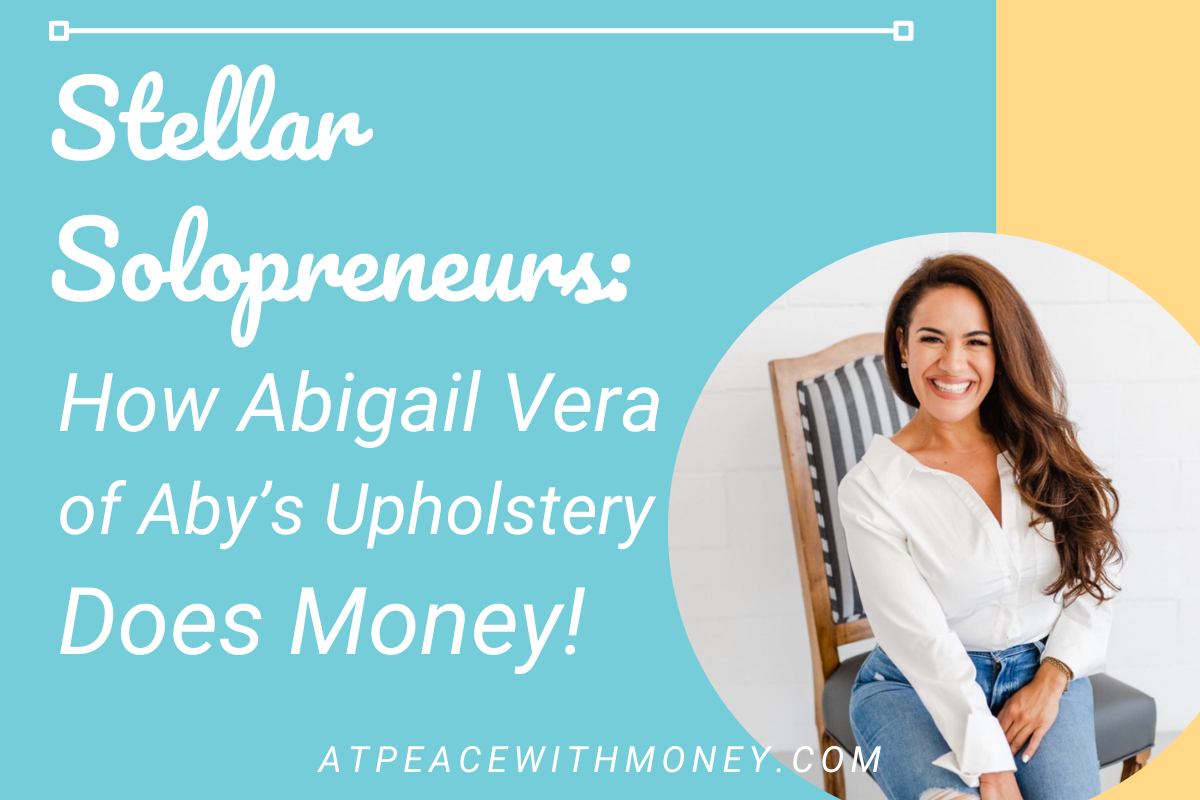
Custom upholstery adds amazing pop and custom flair to any space. This special skill is a great way to add to a space or refresh a furniture piece, and with the right money management techniques, it can also produce a thriving business.
That’s just what founder and CEO Abigail Figueroa-Vera has done through Aby’s Upholstery, the custom upholstery shop in San Jose she founded in 2003. The business provides beautiful custom upholstery services for residential and commercial spaces in the Bay Area of Northern California. Along with excellent craftsmanship, her business has also financially sustained itself for 20 years. She has some great tips to share on her own business money system, and how other small business owners can adopt her successful habits.
What are some financial habits you use in your business that help you stay calm and confident about money?
When business is great, aside from saving, I have worked to maximize my credit to gain access to capital. This way when times are slow we have the necessary cushion to help us ride out the waves. When you are paralyzed in financial fear it really deters you from focusing on what you can control today.
How do you make decisions on what to spend on for your business, and what are some things that help you do that?
We spend on what is needed to facilitate our jobs. If a tool or device allows us to be more efficient we don’t think twice about the purchase.
How do you prepare for taxes in your business?
I think one of the key elements is having the right people on your financial team. Working with a bookkeeper is what has ultimately helped the company stay up to date monthly. Doing so facilitates my CPA in helping me better prepare for tax payments, etc.
Are there any tips for financial record-keeping you want to share with other small business owners?
Every business expense is on a company card or corporate account so that we can track every transaction.
What are some financial goals in your personal life that your business income has helped you reach, and how do you make sure that’s happening?
Here are a few: children having a private education, financing club athletics for my kids, driving safe vehicles, purchasing a building for the company and purchasing a home.
My next personal goals are to scale my company in such a way to make these dreams possible for my staff. I also want to own a company that can function without me being at the center of it all in order to create a solid infrastructure. Setting new goals for your company will always assure that your personal goals are met!
What’s something you wish you’d known about the financial side of running your own business when you got started?
The importance of knowing how to create your financial team – the investment is worth its weight in gold and even twenty years later I am still learning – each chapter will lead you into the next!
Want to connect with Aby’s Upholstery? Check out the website to see her menu of services, from pillows and cushions to full custom projects, and join her mailing list. You can also take a visual tour of La Casita, her showroom, and connect with her on Instagram to see more beautiful images of her work.
If you enjoyed Aby’s thoughts on business finance, you might also like to check out our free resource, Reach Your Life Goals: A Business Owner’s Guide. Click here or below to get your free download.

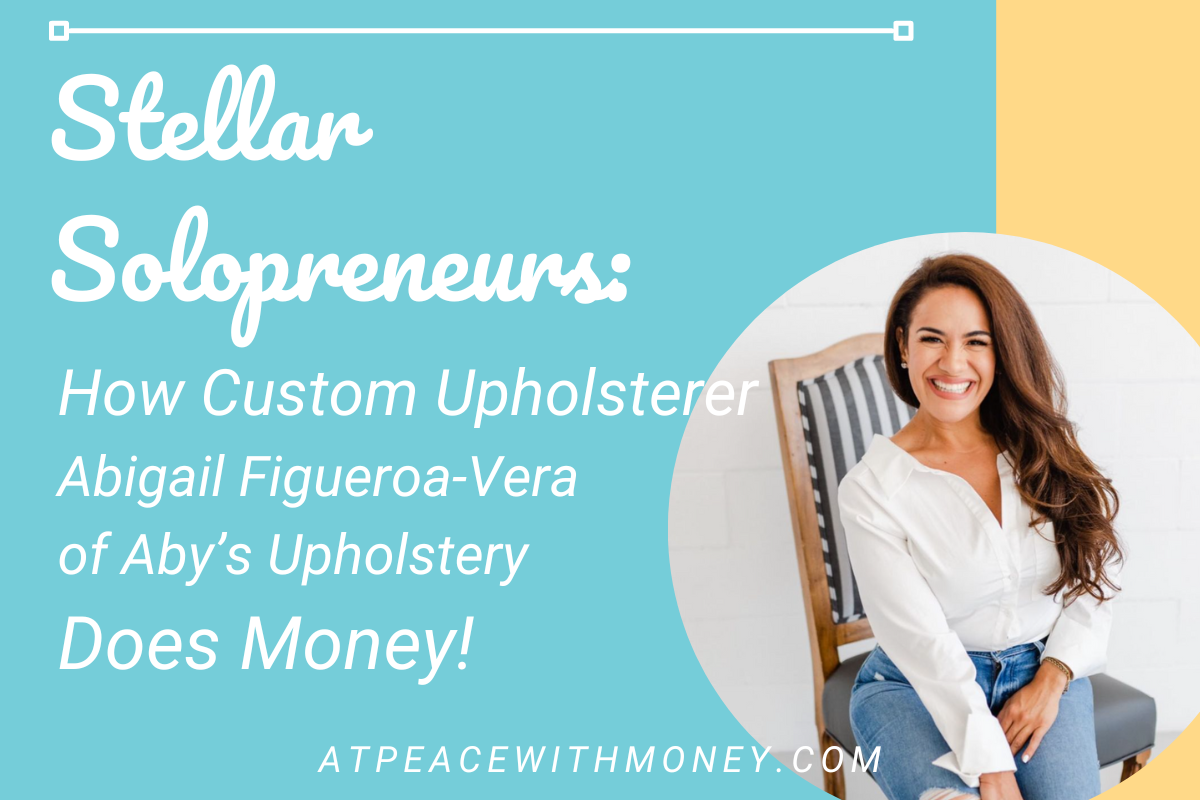

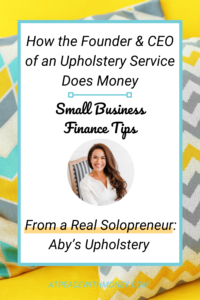
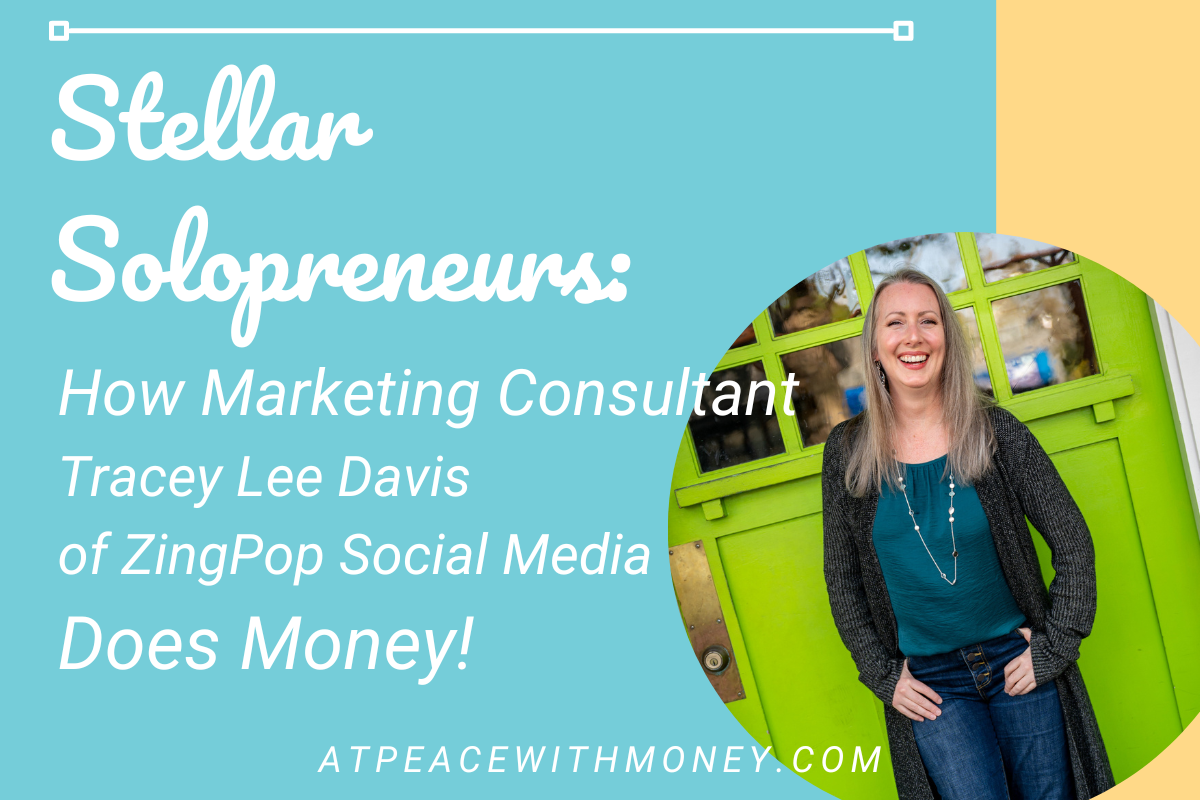
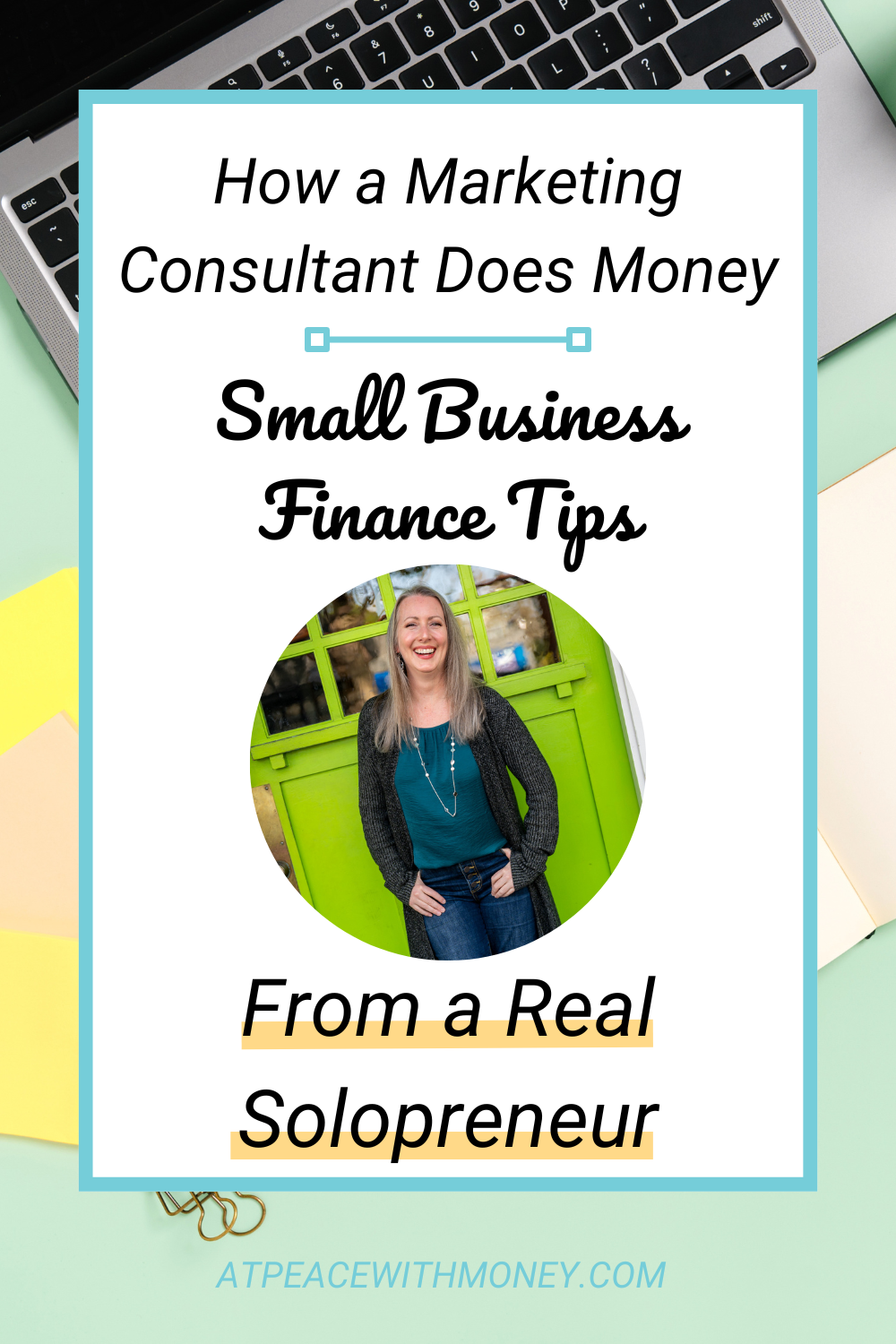


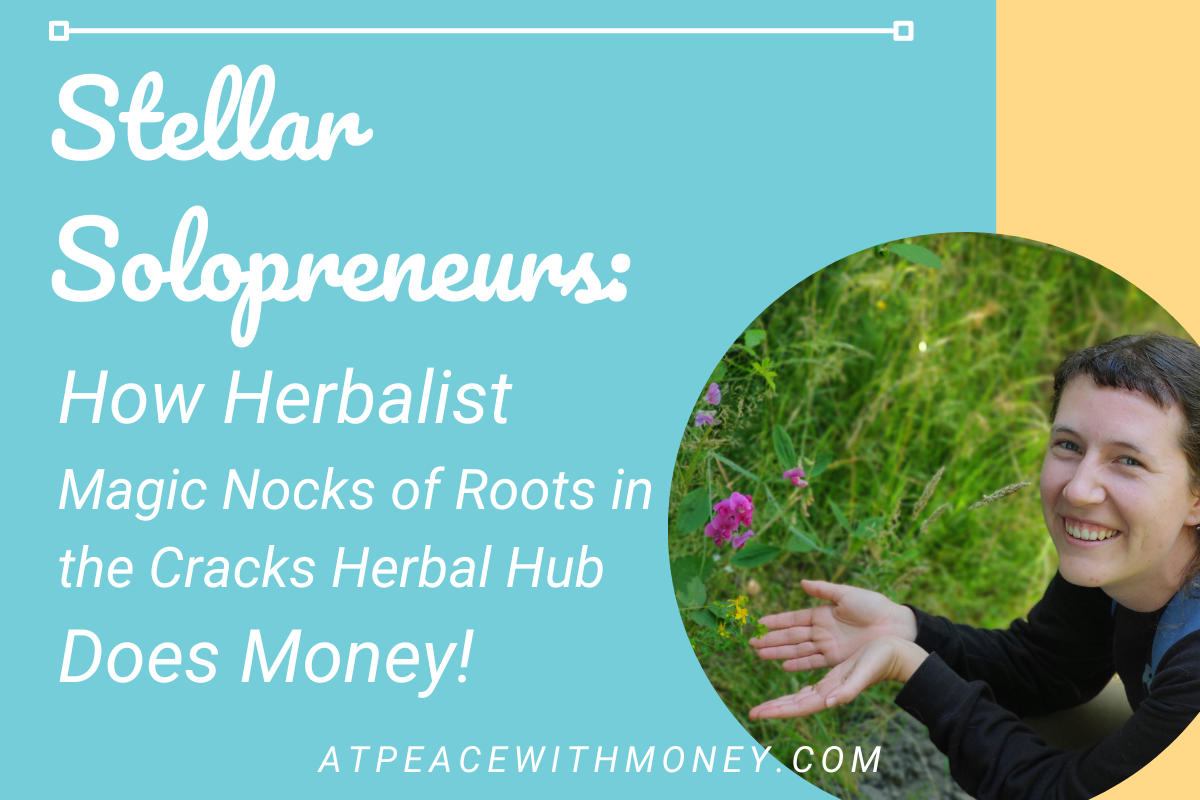


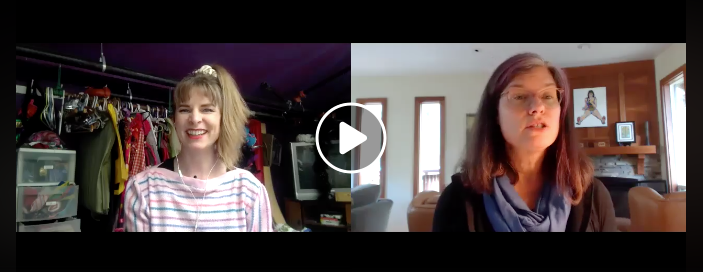

 The many ways Bri has adapted her business to the conditions of COVID-19 show a lot of flexible thinking. She problem-solved in a number of ways, from adapting her offerings to the digital realm, to pursuing income streams unrelated to her talents, to applying for aid and creating healthy routines for herself. Her new approaches to her business have not only kept her afloat, but also created new opportunities. The fact that she has created a Patreon and gotten to create more behind-the-scenes content for her clients is a wonderful use of her time. It allows her to work on those projects, and create more interest in her work.
The many ways Bri has adapted her business to the conditions of COVID-19 show a lot of flexible thinking. She problem-solved in a number of ways, from adapting her offerings to the digital realm, to pursuing income streams unrelated to her talents, to applying for aid and creating healthy routines for herself. Her new approaches to her business have not only kept her afloat, but also created new opportunities. The fact that she has created a Patreon and gotten to create more behind-the-scenes content for her clients is a wonderful use of her time. It allows her to work on those projects, and create more interest in her work.



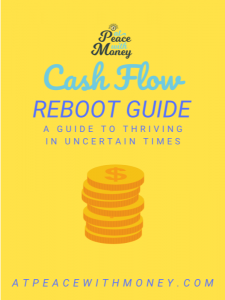 valuable at a time like this. Because Jennifer is able to acknowledge her feelings and tend to them, she has more mental space available when it’s time to get to work.
valuable at a time like this. Because Jennifer is able to acknowledge her feelings and tend to them, she has more mental space available when it’s time to get to work.